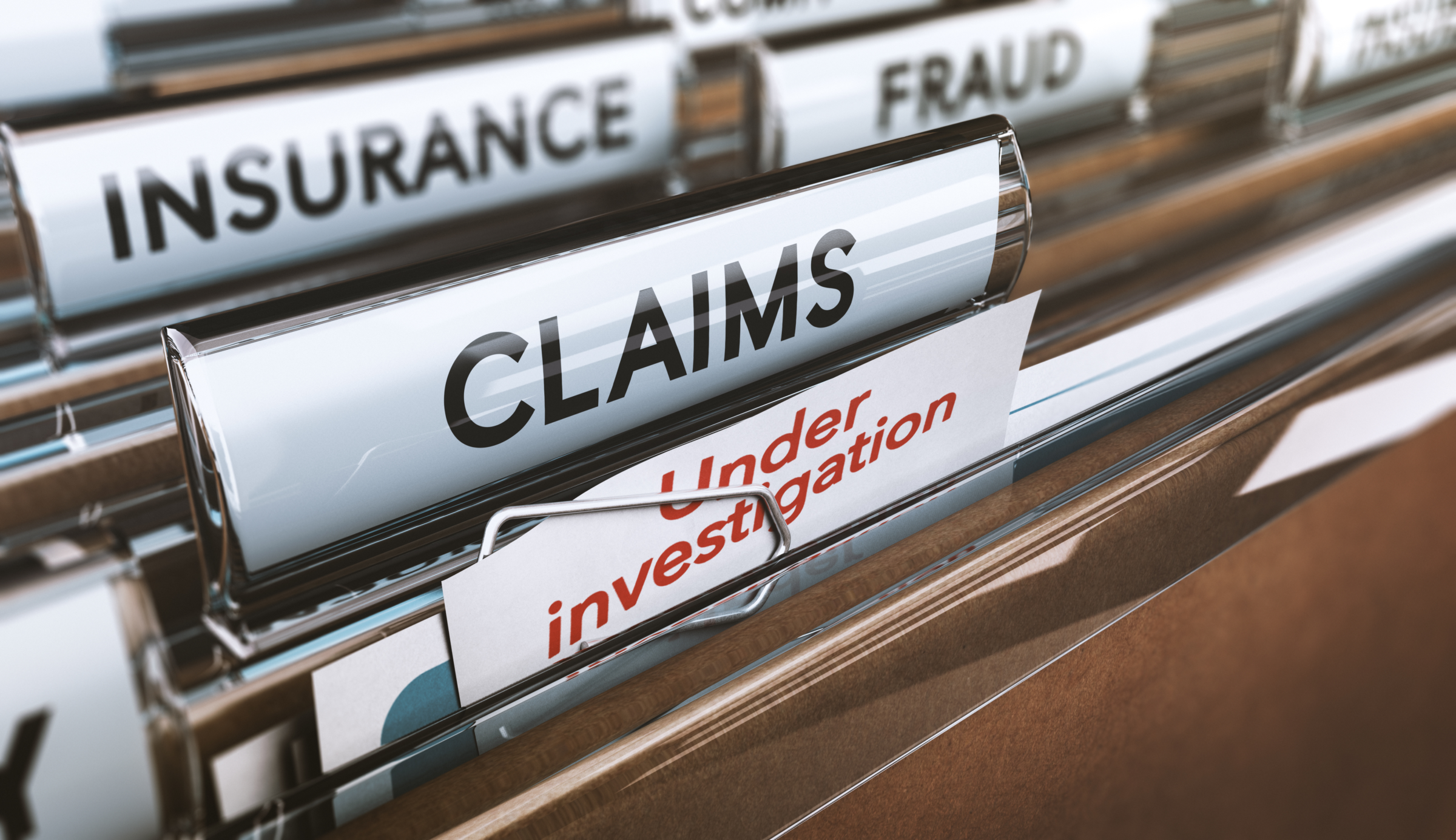
A common question the IFB is asked is whether people are allowed to make insurance claims for the same loss you have already been covered for with another insurer. The short answer is no – in the insurance industry we call this double dipping. This article will look at the concept of non-disclosure, how the Insurance Claims Register helps the insurance industry to monitor double dipping of insurance claims and new technologies being employed to tackle this issue.
Insurance claims with multiple insurers
When you take out insurance, you only need to take one policy for each asset being insured (i.e. house, contents and or vehicle and so on). Take the example of your car – you only need one vehicle insurance policy to cover damage for your car. Fraudsters, however, take out multiple insurance policies and then purposefully engineer an accident so that they can claim for the damages of the vehicle many times over. Claiming multiple times from multiple insurers for the same incident or loss is fraudulent, and if you don’t tell your insurer you’re doing it, it becomes a criminal act.
Making claims and non-disclosure
Choosing not to provide information, because you think it may be detrimental to your claim, is considered non-disclosure. An example might be not telling your current insurer about previously declined claims with other insurers, with the intention that you will secure new insurance cover, or claiming for the same loss or incident with two different insurers.
How the Insurance Claims Register helps combat double dipping
The Insurance Claims Register (ICR) is an Insurance Council of New Zealand (ICNZ) fraud tool that holds general and fire claims submitted to licensed member insurers. Insurers share claims data to ensure that clients are not double dipping on claims or displaying behaviours that could possibly indicate a risk to their business. If you’ve submitted an insurance claim within the last 10 years then your claim will appear on the register. You can request access to your personal information on this register at any time. The ICR acts as an important anti-fraud detection tool in New Zealand.
Insurance claim double dipping and new technology
Blockchain technology is being used in the fight against double dipping of claims to share claims data securely and privately. In the EU, there has been success in developing an ICR style platform – the key difference is that the use of blockchain technology ensures it abides by GDPR privacy regulations. Although the technology is still in its early stages of development, insurers like the fact that they can share claim information, without other insurers being able to see competitively sensitive claims data. While blockchain technology isn’t used in New Zealand currently, the NZ ICR ensures it maintains privacy standards and complies with the NZ Privacy Act 2020.
“Oversimplifying the process, multiple insurers can share their encrypted claim data through Conclave, which uses secure hardware to act as a black box. Nobody can see what’s inside it, but Conclave runs code that compares claims across insurers to see whether there’s been another one for the same car or house. If there have been multiple claims, it can automatically flag the claim as a fraud attempt.”
Source: https://www.ledgerinsights.com/kpmg-intellecteu-launch-blockchain-app-to-fight-insurance-fraud/
The Australian insurance industry is also seeing the benefits of using blockchain technology. The technology prevents ‘unauthorised modification’ of data and a comprehensive audit trail relating to a particular claim or claimant. The fact that blockchain technology is decentralised and the data it holds isn’t ’owned’ by anyone, allows insurers to continue ownership of their data. With an increasing focus on data security, trust and privacy, these are all important features for any repository of consumer information.
Blockchain technology will help to overcome manual data reconciliation and will prevent insurers paying out on claims until they’re confident the claim is genuine. Australia operates a similar ICR system to New Zealand. The current system could be improved by new technologies such as blockchain though:
“The whole process takes effort, man-hours for the investigation, and communication back and forth between all parties. It’s costly to the company, and brings about data-sharing and confidentiality concerns to insurers. Not only that, it’s time-consuming allowing the criminal to make multiple claims in the meantime and commit multiple instances of fraud.”
Source: https://www.insurancenews.com.au/analysis/fighting-fraud-through-blockchain
We’re watching with interest how new technologies will help to combat insurance fraud in general, but also specific types of fraud such as claims double dipping.
Know people making dishonest insurance claims?
Do the right thing! Do your friends and family a favour and tell them not to. Remember, you can also report insurance fraud by visiting our website. You can make reports anonymous if you wish.